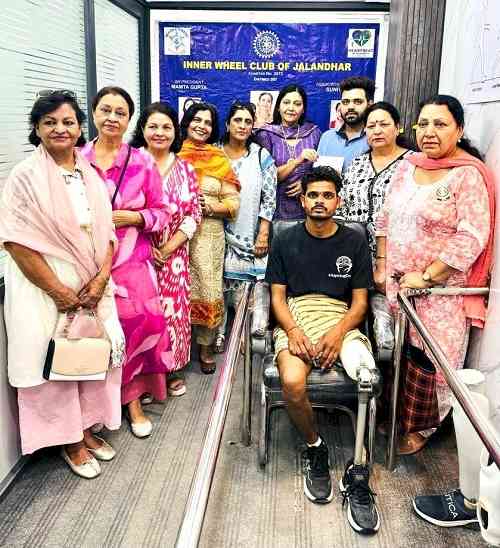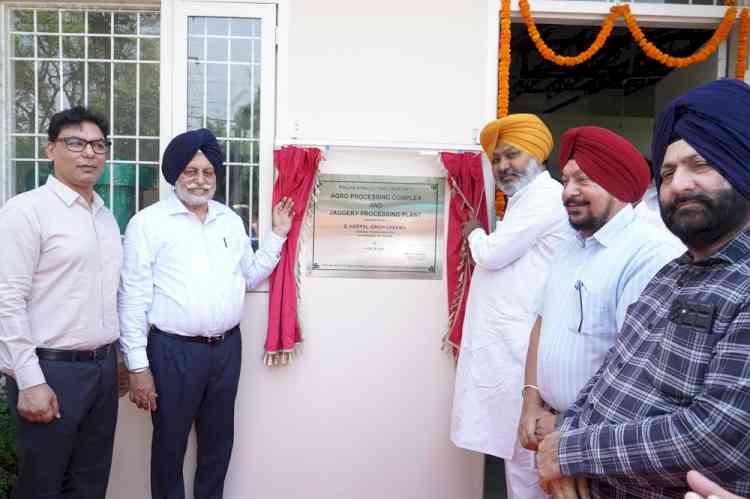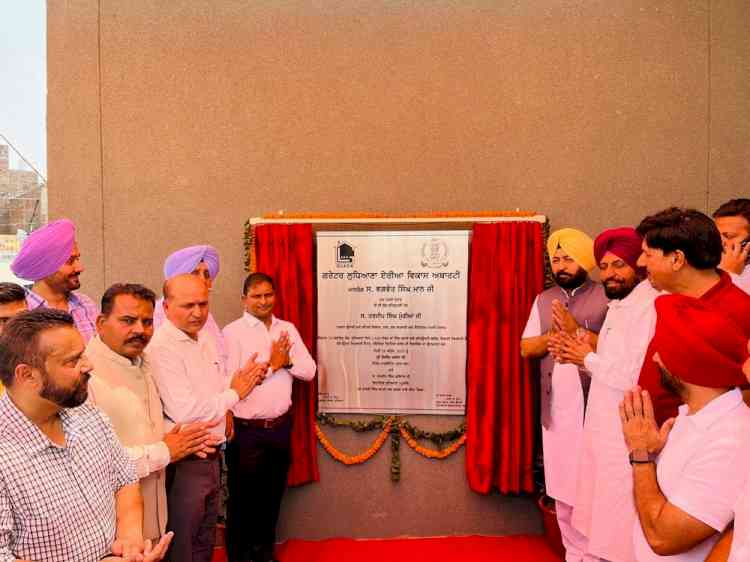Paddy growers face hardships owing to strike by rice millers: Punjab Congress chief
Punjab Pradesh Congress Committee (PPCC) Chief Amrinder Singh Raja Warring on Wednesday took tour in Patiala district to get first-hand information about the problems faced by paddy growers in the wake of the strike by rice millers across the state.

Chandigarh, Oct 18 (IANS) Punjab Pradesh Congress Committee (PPCC) Chief Amrinder Singh Raja Warring on Wednesday took tour in Patiala district to get first-hand information about the problems faced by paddy growers in the wake of the strike by rice millers across the state.
The farmers lamented about the deterioration of the harvested paddy crop due to the strike.
“The farmers of Punjab have already endured substantial hardships, including the recent floods that afflicted the region. After three-long months, they continue to grapple with adversities,” said Warring.
Assessing the situation at a marketing yard, he said, “Contrary to the claims made by the Aam Aadmi Party (AAP) government that paddy procurement is on track, the ground reality is starkly different. The purported progress on paper doesn’t align with the stark reality of paddy crops decaying in mandis.”
The strike by rice millers, protesting against Food Corporation of India (FCI) guidelines, has resulted in approximately 66 per cent of paddy stocks remaining uncollected across the state.
As of October 15, a mere 7.83 lakh tonnes of paddy have been lifted. With the ongoing harvest across the state, a peak in production is expected within a week, further exacerbating the space shortage in mandis for paddy storage.
Addressing the media, Warring said the prevailing situation has left everyone, from the farmers awaiting procurement to the middlemen anticipating the cessation of the strike, in a state of distress.
“The entire state is trapped in this vicious cycle, with the government seemingly focused on unrelated issues. This process typically takes just a month. With the festive season coming up, this predicament will result in the incapacity to celebrate significant festivals like Diwali, given our state’s strong dependence on agriculture for its economy.”
He proposed to the government that until the strike “concludes, why doesn't the government take the initiative to procure the produce and store it in government warehouses? Once the protests subside, the government can then allocate the produce to the rice millers, facilitating the completion of the harvesting process.”


 IANS
IANS 










